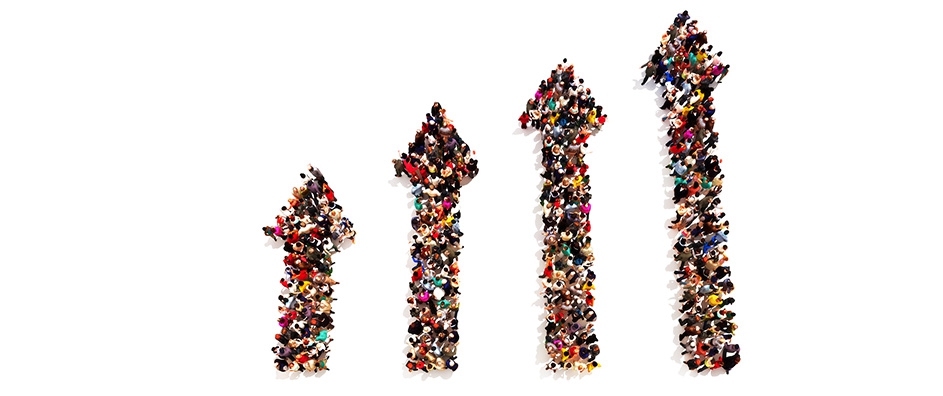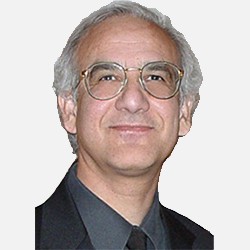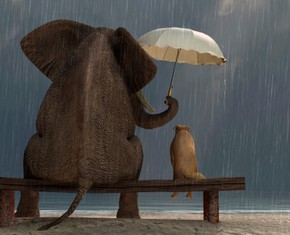The views expressed in our content reflect individual perspectives and do not represent the authoritative views of the Baha'i Faith.
Abdu’l-Baha’s implicit message in The Secret of Divine Civilization reveals a general and essential Baha’i principle: the oneness of God and the unity of all religions.
This central Baha’i teaching, emphasized in the writings of the Bab, Baha’u’llah, and other writings of Abdu’l-Baha, deals with the basic antinomy of modernity: On the one hand people in different cultures recognize the need for spiritual values, religious beliefs, and moral guidance for a complex and fulfilling human life. On the other hand, open-minded persons also recognize that the past religious laws, commandments, or traditions are incompatible with the requirements of a rational and progressive modern order.
Therefore, some reject rationality and science and accept traditionalism, while others affirm progress at the expense of religious belief. Most people see those two positions as completely incompatible.
However, the Baha’i teachings have already solved this frustrating antinomy. Baha’u’llah affirmed the principle of the oneness of all the messengers of God and the unity of all religions.
This means that for Baha’is the spirit of all religions is one and the same. That identical spirit, however, appears at different stages of human cultural development in a form that corresponds with the needs of the time. Therefore, each specific religion becomes a progressive and liberating force for its era. However, as time passes and humanity enters a new stage of development the previous form of expression of the divine revelation will become outdated and even harmful:
The nations and religions are steeped in blind and bigoted imitations. A man is a Jew because his father was a Jew. The Muslim follows implicitly the footsteps of his ancestors in belief and observance. The Buddhist is true to his heredity as a Buddhist. That is to say, they profess religious belief blindly and without investigation, making unity and agreement impossible. It is evident, therefore, that this condition will not be remedied without a reformation in the world of religion. In other words, the fundamental reality of the divine religions must be renewed, reformed, revoiced to mankind. – Abdu’l-Baha, The Promulgation of Universal Peace, p. 141.
Religion, then, can be likened to a medicine which no longer accords with the illness of the body of humanity. In other words, one should always be devoted to religion—when it contains the life-giving spirit that pervades all true religion. That means that we should not engage in the worship of past traditions and dogmas, but seek guidance from the most recent form of the expression of divine revelation. In other words, Baha’u’llah advocates a historical, evolutionary and dynamic approach to religion and religious consciousness.
In The Secret, Abdu’l-Baha emphasized the progressive character of that spirit in Islam, equating it with a dynamic orientation to life. What is implied here is not only the manifest call for reinterpretation of Islam, but also an invitation to investigate the Baha’i Faith. Inspired by the message of Baha’u’llah, we can now understand that for Abdu’l-Baha the true spirit of Islam required recognition of the revelation of Baha’u’llah. Return to the spirit of Islam, therefore, does not mean a return to traditionalism, but an affirmation of the progressive, continuous, and historical character at the core of divine revelation—the everlasting inner truth of real faith. The manifest and hidden meanings of The Secret do not contradict each other—they simply express a different side of the same complex truth.
Towards a theory of development: historicist or objectivist?
Probably the most important question concerning the concept of social and economic development relates to the definition of development itself. It is surprising that this same question, which constitutes the most important controversy in development theory in our time, was also the major question addressed by The Secret of Divine Civilization. Contemporary political and academic discourse is also centered on the same controversy, struggling with that same exact assumption. This is one of the reasons for the continuing relevance of The Secret to contemporary cultures around the world.
The basic debate can be summarized in terms of the two theories of development: historicist and objectivist. According to the historicist theory, there can be no objective and universal definition of the concept of socioeconomic and cultural development. Advocates of this theory argue that each culture has a life and logic of its own which is unique and incommensurable with those of other cultures. In other words, for a historicist the concept of development lacks any trans-cultural and trans-historical meaning. To adopt a sound development policy would then mean to act on the basis of past traditions of that culture, equating development with traditionalism.
The objectivist theory defines the concept of development in objective, universal forms. Development is assumed to be a universal process of increasing rationalization. Consequently, past tradition becomes an inadequate criterion of development in any society. For the advocates of objectivist theory, cultures and social orders can also be sick or healthy, moral or immoral. In other words, the objectivist theory believes that it is possible to criticize aspects of different cultures and their traditions as inhuman and backward. Objectivists believe that some universal definition of development is possible.
This debate between the theories, accordingly, often turns into a debate between the followers of native traditionalism and the advocates of Westernization. Normally, those who believe in an objectivist definition of development argue that underdeveloped and developing countries must adopt the science, culture, and social institutions of the West European and North American societies and try to follow their model of social and cultural order. The advocates of the Western model believe in the culture of modernity, and they equate modernity with the modern West. To become modern, therefore, becomes the same as becoming developed, which is in turn identical with imitation and adoption of the Western path of development.
Unlike the advocates of a Western model, the native traditionalists vehemently reject the relevance of the European model of development for non-European countries, arguing that no society should adopt the model of any other one. Instead, they argue that developed and developing countries should reject the Western model, return to their own past traditions and follow the dictates of their own religious and cultural order. In the next essay in this series, we’ll explore how the Baha’i teachings reconcile the significant differences between these two seemingly intractable models.
















Comments
Sign in or create an account
Continue with Googleor